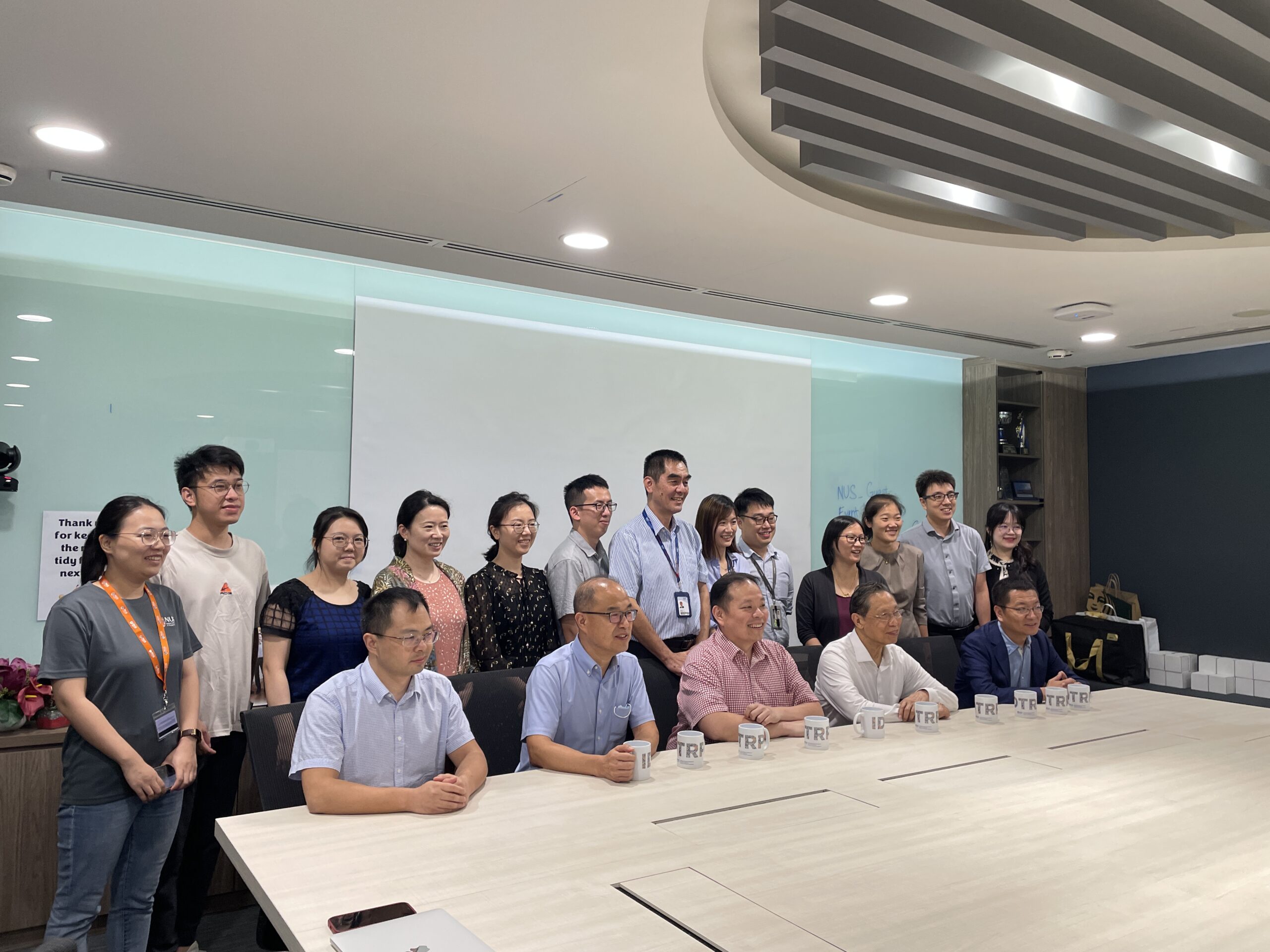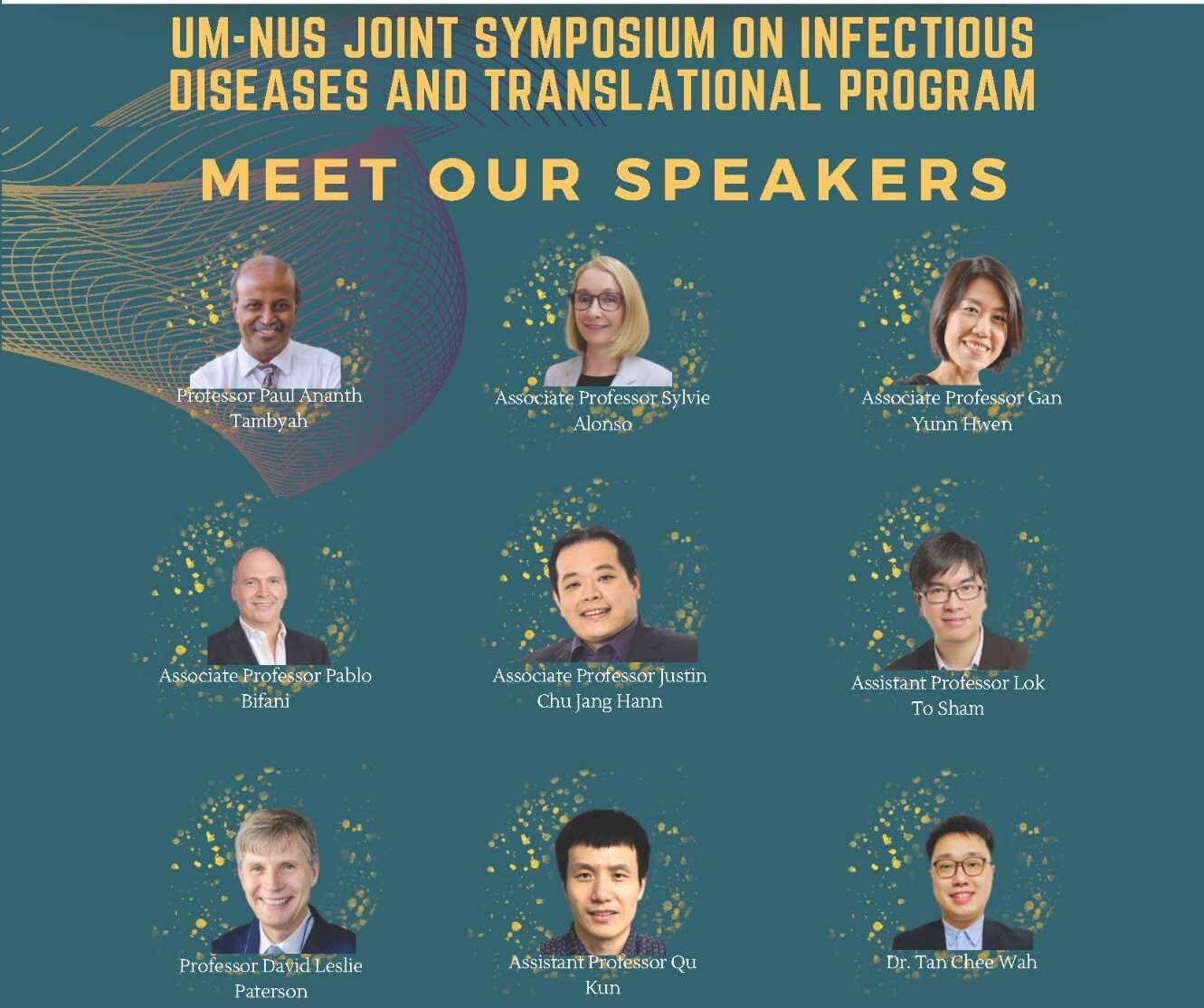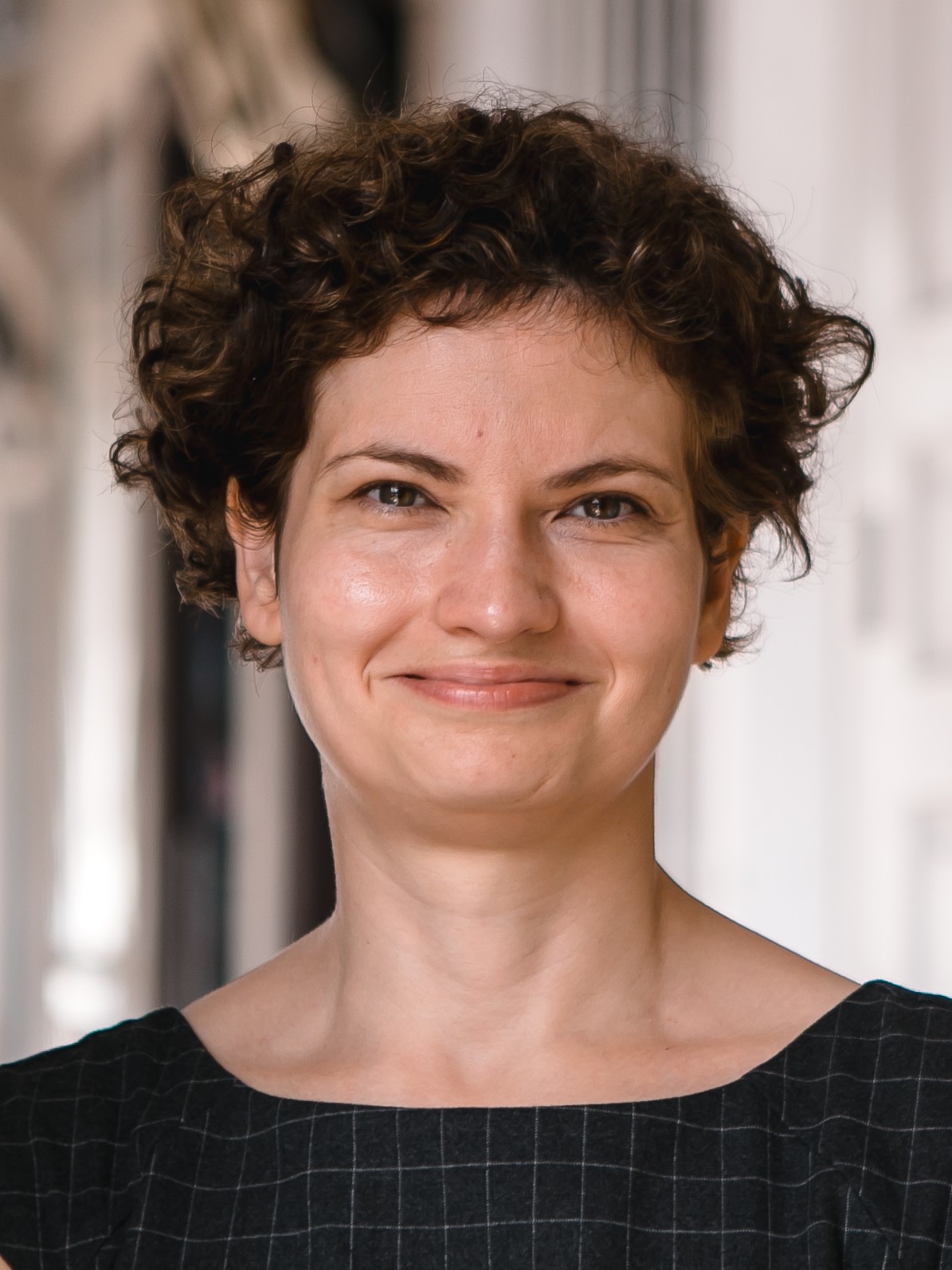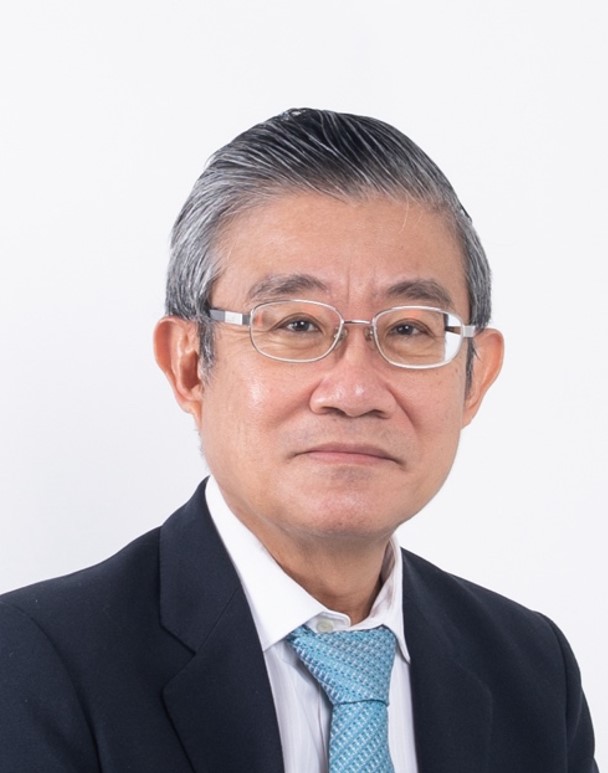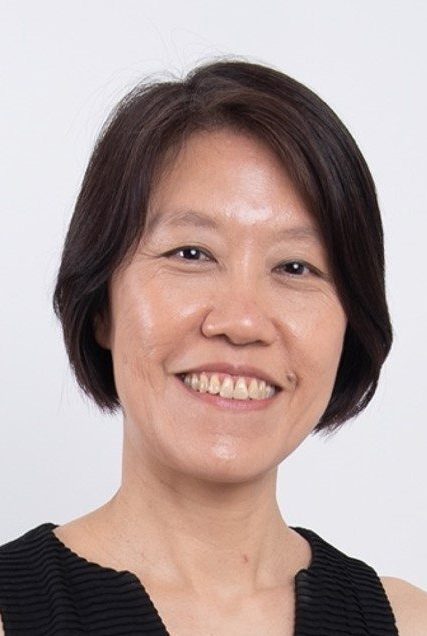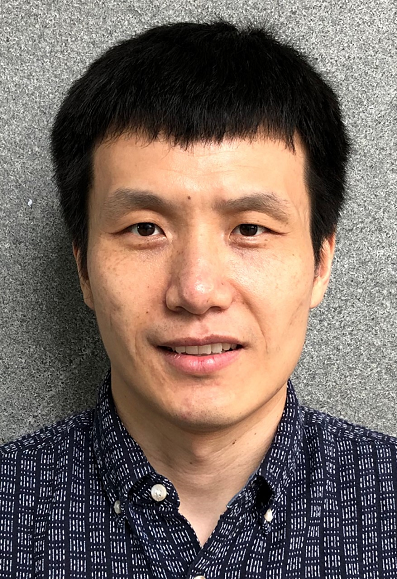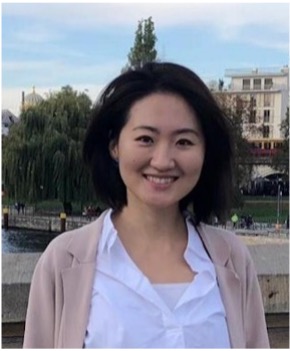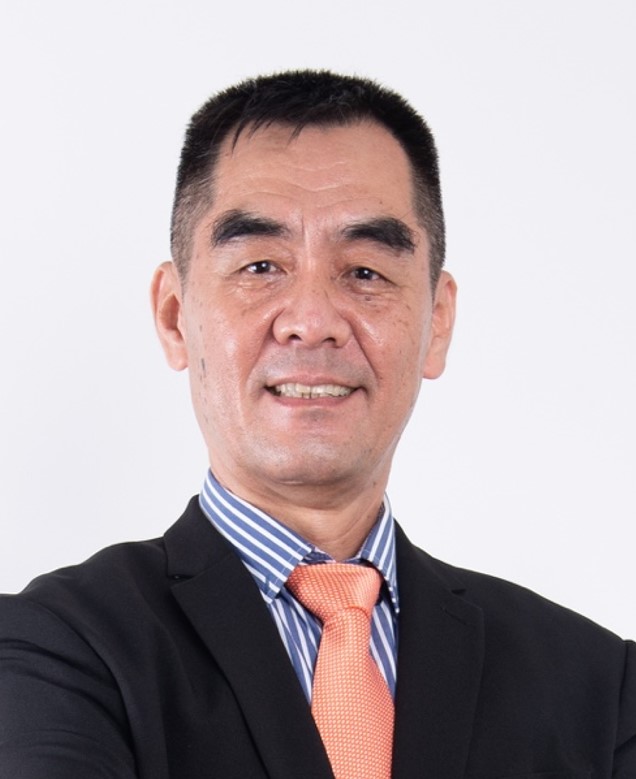SINGAPORE – Scientists in Singapore have optimised a method for a simple, rapid test that will allow vaccine developers to get a more complete picture of how a vaccinated person’s immune system will respond to the Sars-CoV-2 virus.
The novel test zeroes in on how T-cells react to the virus that causes Covid-19.
T-cells are white blood cells that are often overlooked compared with its more well-known sibling, antibodies.
Both T-cells and antibodies are jolted awake when viruses enter the body. Antibodies are proteins that can bind to viruses and prevent them from infecting cells.
But when cells are infected, T-cells step in to help clear the infection in the body.
Dr Anthony Tanoto Tan, senior research fellow at Duke-NUS Medical School’s Emerging Infectious Diseases (EID) Programme, said: “The T-cell responses to Sars-CoV-2 cannot be accurately predicted by just measuring antibody responses.
“Hence, it is important to measure both parameters to fully evaluate the immune response against the virus in vaccinated and infected individuals.”
Dr Tan is the first author of a paper published on Wednesday (Sept 1) in the Journal of Clinical Investigation. The paper outlines how the rapid test works and its outcomes.
Because they are easier to analyse compared with T-cells, scientists are more inclined to measure antibodies.
Dr Tan said the existing, traditional way to analyse T-cells that respond to the virus involves isolating white blood cells.
But this method requires a specialised lab and takes 10 hours of work and 1.5 days to get results.
To make T-cells more accessible to researchers, Dr Tan and his team validated a method that can analyse T-cells in less than a day, with less than three hours of work.
The whole blood sample can be processed without isolating the white blood cells.
“For comparison, one operator can process and analyse approximately five to 10 blood samples in a day with the traditional (method) and get results at the end of the next day.
“With the rapid (method), one operator can comfortably analyse 30 to 50 blood samples in the same amount of time,” said Dr Tan.
This rapid test allows researchers to frequently monitor T-cells in vaccinated and infected people and at a larger scale.
Source: Straits Times


